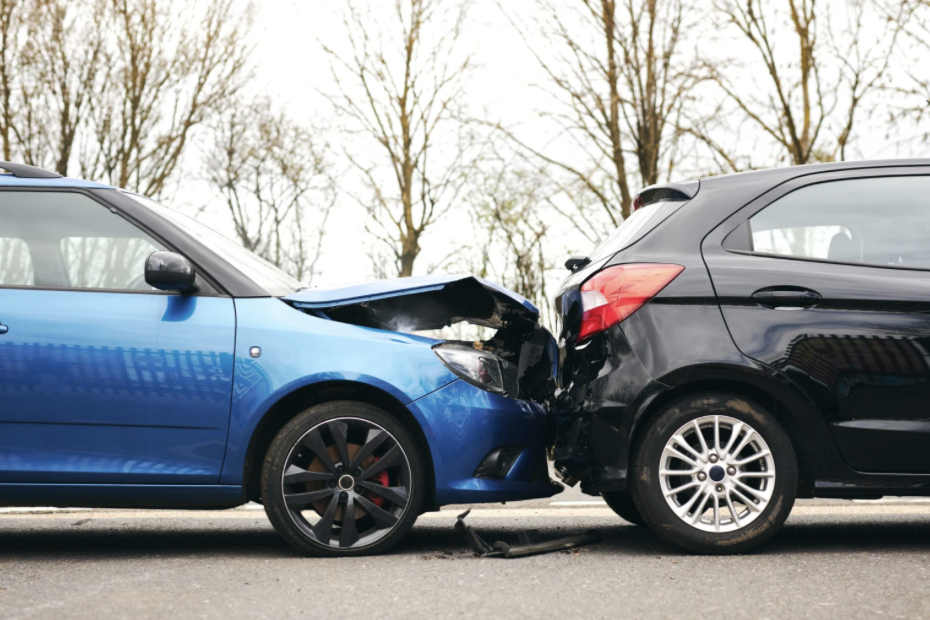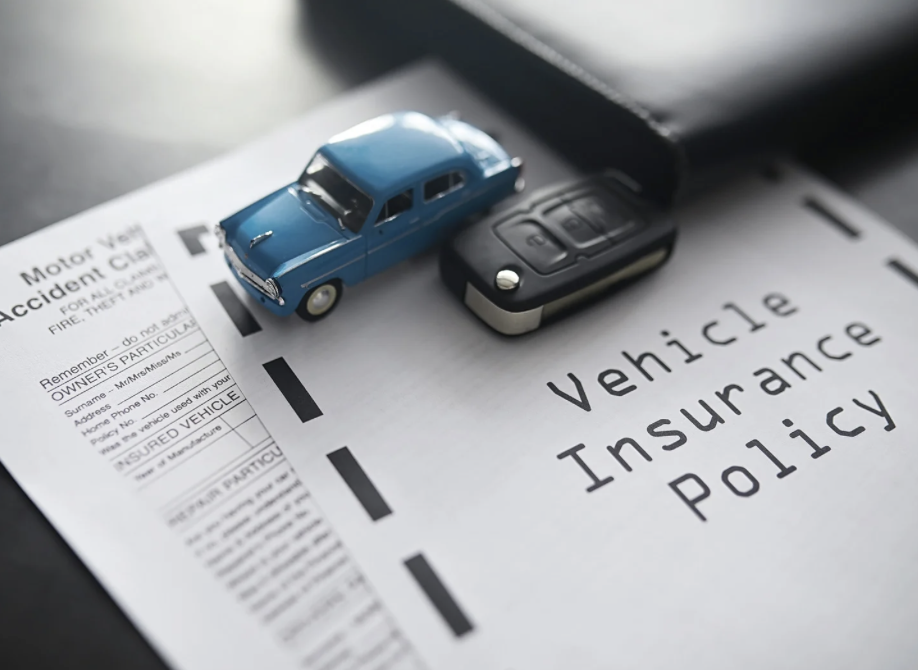Whether you’ve just moved to Germany or have been living here for a while, understanding how car insurance works is essential. It’s not only a legal requirement, it’s also key to protecting your finances, your vehicle, and your peace of mind.
In this guide, we will walk you through everything you need to know as an expat, from mandatory third-party coverage to comprehensive plans, and share practical tips to help you save up to 45% on your premiums.
Is Car Insurance Mandatory in Germany?
Yes, having car insurance in Germany is compulsory. According to German law, every car must be covered by at least third-party liability insurance (Haftpflichtversicherung) before it can be driven or even registered. Without it, your car won’t be allowed on the road, and you won’t receive a registration certificate (Zulassungsbescheinigung).
This regulation is designed to protect all road users and ensure that anyone involved in an accident has access to financial compensation.
What Happens If You Drive Without Insurance?
Driving without insurance is a serious offense. Penalties include heavy fines, loss of driving privileges, and even criminal charges. Your car can also be impounded.
In short, it’s not worth the risk. Always make sure your vehicle is properly insured before driving, not only to stay on the right side of the law but also to protect yourself and others.
Types of Car Insurance Available in Germany
Germany offers three main types of car insurance, each with different levels of protection. Choosing the right one depends on your car’s value, age, and how much risk you’re comfortable with.
Third-Party Liability (Haftpflichtversicherung)
This is the minimum legal requirement for all drivers in Germany. It covers damage or injury you cause to others, whether it’s to another vehicle, property, or a person. However, it does not cover any damage to your own car.

Third-Party Fire and Theft (Teilkasko)
This mid-level option includes everything covered by third-party insurance, plus additional protection against theft, fire, glass damage, animal collisions, and natural events like storms or floods. It’s a good balance of affordability and coverage, especially for older but still valuable cars.
Fully Comprehensive (Vollkasko)
This is the most extensive coverage available. Along with all the benefits of Teilkasko, it also covers damage to your own car, even if you’re at fault. It also covers vandalism and hit-and-run incidents. This type of insurance is typically recommended for new or high-value vehicles where repair costs can be significant.
If you need further information, check out our article on types of vehicle insurance in Germany here.
What is an EVB Number?
The EVB (Elektronische Versicherungsbestätigung) is a unique digital code issued by your insurance provider. This number confirms you have valid insurance and is required when registering a vehicle.
How to Get an EVB Number From Your Insurer
You can request your EVB code online or over the phone once you finalize your insurance plan. The code is sent immediately and is valid for up to 3 months.

How Are Car Insurance Premiums Calculated?
Role of No-Claim Bonus (Schadenfreiheitsrabatt)
Germany uses a bonus system that rewards claim-free years with reduced premiums. The more accident-free years you have, the lower your rate. Transferring an existing no-claims record can significantly reduce your costs.
Driving Experience and License Duration
If you’ve held a license for less than three years, you’re automatically placed at level 0 (100% premium). After three years of safe driving, you advance to level ½, and then to level 1, reducing your costs annually.
Car Model, Value and Age
Newer or high-performance vehicles typically incur higher premiums. Conversely, older, low-risk cars cost less to insure
Area of Registration and Risk Profile
Urban areas like Berlin or Frankfurt often carry higher risk ratings, while rural zones offer cheaper premiums. Theft rates, accident statistics, and weather risks all affect your insurance regionally.
Required Documentation and Process
To request a no-claim bonus transfer, you’ll need to provide a certificate from your previous insurer confirming the number of accident-free years you’ve had. This document should ideally be officially translated into German or English, depending on the insurer’s requirements.
Once submitted, the German insurer will evaluate the certificate and assign you to the appropriate Schadenfreiheitsklasse (SF class)—such as SF1, SF2, or even SF5, depending on the number of years and their internal policies.
Tips to Get Cheap Car Insurance in Germany
- Consider an SF5 Deal for Expats. At MW Expat, we offer an exclusive SF5 plan specifically tailored for expats. With this plan, you pay only 55% of the standard premium, even if you don’t have a formal no-claim record in Germany. If you want to know if the SF5 deal is right for you, do not hesitate to reach out to one of our vehicle insurance experts, we’re here to help you find the best coverage at the best possible rate.

- Avoid unnecessary coverage add-ons. Skip roadside assistance or legal coverage if you’re unlikely to use them, especially if your credit card or bank already offers similar services.
- Maintain a clean driving record. Safe driving not only protects lives but also keeps your insurance costs low year after year.
Average Cost of Car Insurance in Germany
Premiums typically range from €500 to €3,000 per year depending on coverage type, vehicle, and risk profile. Look out for additional charges like administrative fees, monthly payment surcharges, and deductibles that may apply when filing a claim.
All in all, car insurance is key to protecting yourself, your vehicle, and your finances while living in Germany. Whether you’re new here or have been on the road for a while, having the right coverage will give you peace of mind and keep you moving forward with confidence. If you need personalized assistance, you can arrange a free consultation with one of our vehicle insurance experts here.
What our clients say about our services







How Car Modifications Affect Your Car Insurance in Germany
Germany has a rich automotive culture, and car tuning has become an increasingly popular hobby among enthusiasts. From turbocharged engines to custom paint jobs, personalization

12 Smart Tips to Lower your Car Insurance Premiums in Germany
Car insurance is a necessary expense for every driver in Germany, but that doesn’t mean you should settle for the first offer or end up

What is the Steuernummer in Germany? A Guide for Expats
Moving to a new country as an expat comes with a lot of paperwork, and one essential number you’ll encounter in Germany is the Steuernummer. Understanding

8 Common Insurance Mistakes in Germany: A Guide for Expats
When moving to Germany, expats often face the challenge of navigating a completely different insurance landscape. Choosing the right health insurance is crucial, but with

Insurance Claims Process in Germany: The Essential 5-Step Guide
Germany’s insurance system is designed to provide solid coverage options, and understanding the insurance claims process in Germany can save you time, effort, and money. Although these
Secure your future abroad with tailored insurance & pension plans
Get expert advice on the best solutions for expats – personalized to fit your unique needs. Start planning today!
